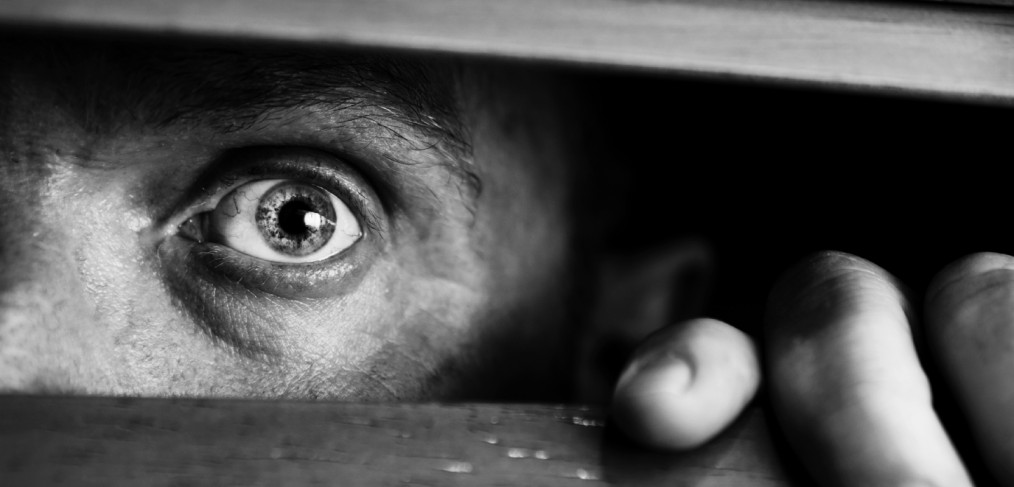
Fear
Courage is not the absence of fear; it is the mastery of it.
~Derren Brown
Do what you fear and fear disappears.
~David Joseph Schwartz
Have you ever been afraid – I mean, really afraid? How did you handle it?
There are all kinds of fear: fear of physical danger, fear of the unknown, fear of the dark.
There’s nothing wrong with fear. It’s an emotion that keeps us safe from threats and is a built-in survival mechanism that all humans need; but the extent to which fear controls our actions is worth considering. We can handle, lessen, or remove fear through our experiences and through personal growth.
When we were children, we were often afraid because we didn’t understand things or hadn’t had any experience of them. As we grow older, we learn that many of those things aren’t threats or are threats that we can handle.
Although it becomes less pronounced with the passage of time, this process continues throughout our lives. We are afraid of things, we learn more about them and/or experience them, and our fears may dissipate.
Some fears are healthy. After learning about something, we may find that our fears were well founded. Danger can be very real, and fear can be the thing that keeps us alive. Once we learn about and experience a danger, our fear can become something that heightens our senses and speeds our reactions rather than freezing us or making us hesitant. The distinction between these two reactions can make the difference between those who use fear to their advantage and those who are controlled by fear.
Fear is psychologically linked to pessimism. We hear a creaky door in the dead of night, and our minds immediately jump to the possibility of an intruder instead of the many other possible explanations. Our senses provide information, and our brain automatically gives us the possible associated dangers. That’s what makes fear such an effective survival mechanism.
Once we have considered the potential for danger, our rational minds can take over, assess the actual risk, and formulate potential responses. But there are some who never take that step or remain afraid of certain things no matter what their rational minds tell them.
Some fears are irrational. For example, though the chance of dying in a plane crash is statistically lower than that of dying in a car accident, some people are afraid of flying but have no problem driving a car.
Others let the initial effects of fear turn into something that controls their lives. If we let fear keep us from taking risks or experiencing things at which we might fail, then, rather than being a healthy reality check that warns us of danger, it ends up preventing us from exposing ourselves to danger and the associated excitement. Danger, in and of itself, is not an evil for us to avoid. Rather, it is something that we should understand and manage. So many of the things that make life worth living involve some level of danger, and we can’t let fear keep us from excitement and fulfillment.
Humans have a need for excitement. This often takes the form of controlled fear. Consider the range of opportunities we have to pay good money to experience fear: roller coasters, horror movies, haunted houses. The list is long. I think all of these things exist because, in the modern world, we can go for long periods without being afraid but have a need for that adrenaline fueled, rapid breathing, heart-racing feeling. I know I do.
Ultimately, I think it’s beneficial to get to know fear – to get to know how to handle it. It might even be helpful to seek situations where we’ll experience fear so that, when it happens unexpectedly, we can use it to our advantage rather than let it control us.
Everyone needs a good, healthy dose of fright on occasion.
If we can spend our lives as alchemists, turning fear and pessimism into excitement and optimism, we can make fear valuable (and sometimes fun).



